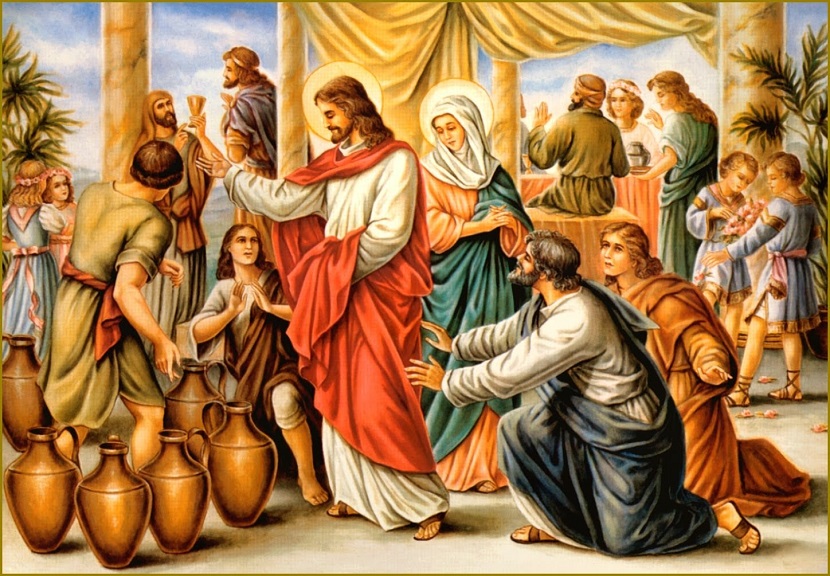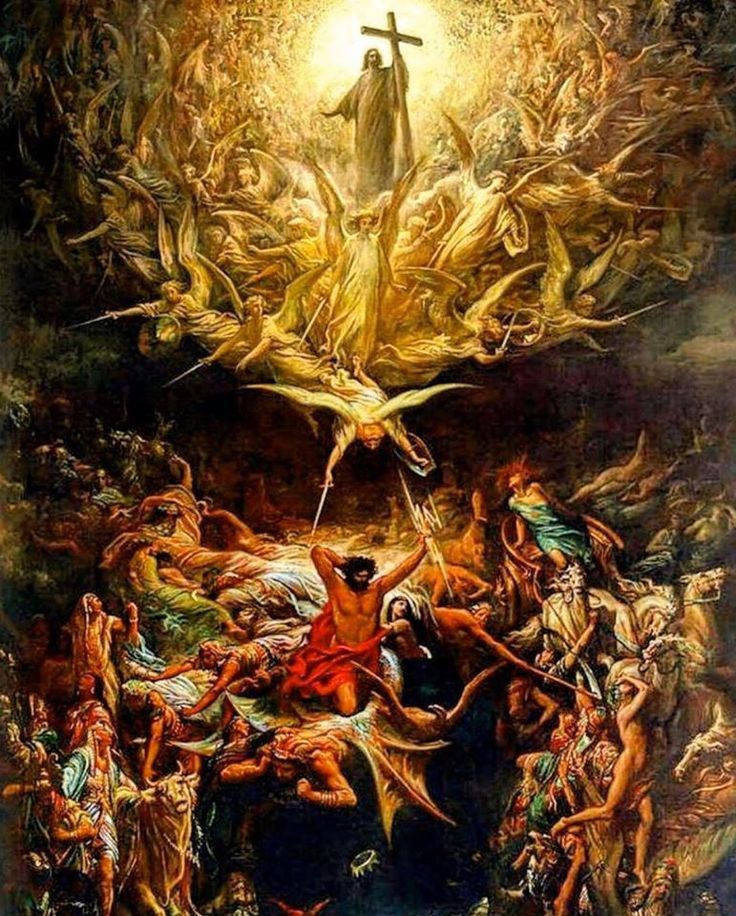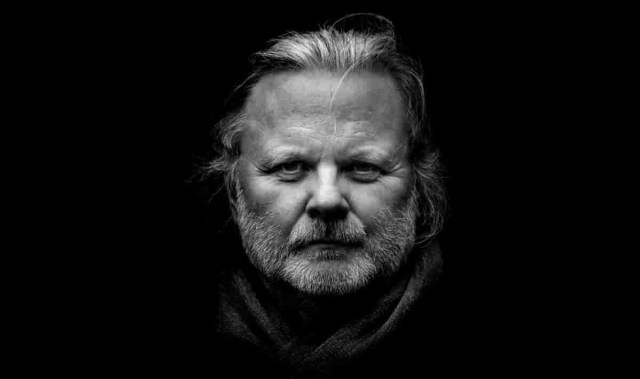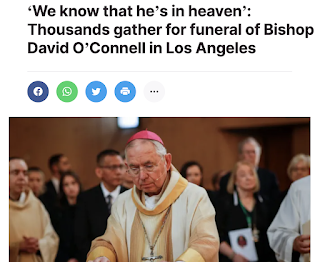I have written about this several times before. (Just type "Immaculate Conception" in the above search bar.)
However, the issue, the same issue, a modern error, can - in my mind - never be stressed too much, since the error (I believe) is at the root of so much of what has lately gone wrong with our Church.
Today, December 8 (or December 7 if you attended the Vigil Mass as I did) is the Feast of the Immaculate Conception.
And, in the first reading, you are supposed to hear the words from Scripture which are the very foundation of this Dogma. But you won't.
Instead you heard, or will hear:
Then the LORD God said to the serpent: "Because you have done this, you shall be banned from all the animals and from all the wild creatures; on your belly shall you crawl, and dirt shall you eat all the days of your life. I will put enmity between you and the woman, and between your offspring and hers; he will strike at your head, while you strike at his heel."
Prior to the Novus Ordo revolution (1969), you would have heard (in Latin):
et ait Dominus Deus ad serpentem quia fecisti hoc maledictus es inter omnia animantia et bestias terrae super pectus tuum gradieris et terram comedes cunctis diebus vitae tuae inimicitias ponam inter te et mulierem et semen tuum et semen illius ipsa conteret caput tuum et tu insidiaberis calcaneo eius
[In English]
And the Lord God said to the serpent: Because thou hast done this thing, thou art cursed among all cattle, and the beasts of the earth: upon thy breast shalt thou go, and earth shalt thou eat all the days of thy life. I will put enmities between thee and the woman, and thy seed and her seed: she shall crush thy head, and thou shalt lie in wait for her heel.
I will set out the difference here:
After 1969:
...he will strike at your head, while you strike at his heel.
Before 1969:
...she shall crush thy head, and thou shalt lie in wait for her heel.
In these few words there are some major differences
First, there is the obvious change from "she" to "he." And as this is the main point, I will come back to it.
Next there is the difference between striking and crushing.
Post 1969, Satan is "striking," thus apparently alive and well and obviously not "crushed." Pre-1969, Satan is "crushed," which of course is exactly the object of Christ's salvific mission.
Lastly there is the difference between "while you strike at his heel" and "thou shalt lie in wait for her heel." Ignoring the "he" and "she" for the moment, Satan, post-1969, is still powerful, and pre-1969 is already defeated and can do nothing but "lie in wait for her heel."
Before I get to the "he" vs "she" thing, it's important to understand what was going on in post-Vatican II 1969 and thereafter.
Post-Vatican II - 1969
If Vatican II did anything, (and forgive the dumbed down version) it sort of said "can't we all get along?" to the rest of the world's non-Catholic religions, with the primary culprit being the 16th and last document of Vatican II, Dignitas Humanae, which, in effect, leveled all the world's religions to "I'm Okay, You're Okay" (the title of a book many of us were made to read in Catholic high school religion classes in the 70's).
The idea was "let's celebrate our similarities and ignore our differences."
Nice, but one of the BIGGEST Catholic differences with most non-Catholic Christian religions ("Protestants") was MARY, and just about everything the Church holds true about her.
In short, what the Church holds true about Mary is too much to summarize here, so it's easier to summarize what Protestants believe: the Mother of Jesus was functionally a vaginal conduit for the Christ, and who may be acknowledged via quaint Christmas stable scenes (since that's hard to avoid), but who matters little before or thereafter.
NOTE: For anyone who cares to read, and all determined Catholics should, the very best summary of what the Church holds true about Mary is the very promulgation of the Dogma of the Immaculate Conception as set forth by Pope Pius IX on December 8, 1854, otherwise known as INEFFABILIS DEUS.
As I was "around" the pre and post-Vatican II era, I very much remember the eradication of everything MARY from our parish church.
As a young boy, I not only attended Sunday Mass with my parents, but, as an altar boy, served at least one weekday Mass per week.
As most Catholics my age will recall, in those days, there was a very prominent Crucifix with the Suffering Christ placed directly over the Tabernacle which was cemented at the center of the Altar upon which the Holy Sacrifice of the Mass was Offered...facing the Suffering Christ.
To both sides of the main altar there were side altars. To the left there was an altar with St. Joseph holding the Child Jesus, and to the right, there was the Blessed Virgin Mary.
The Mary altar was always very prominent because it was at this altar that Catholic brides knelt, prayed, and offered flowers at the end of their wedding Mass. But it was also a place where we spent at least a few minutes after every Mass thanking Mary for the gift of Her Son.
It's just what we were taught to do...before 1969.
At the risk of sounding "old fashioned" and repetitive, I, everyday - as I grow older, grow ever more thankful to have been born when I was and where I was...even if it was at the bitter end of pre-V2 Catholicism.
And though my beautiful Catholic childhood was cut short by the aftershocks of Vatican II (some of which I detail here), I had enough "inculcation" of true Catholicity by then to last me a lifetime.
Thank you Jesus and Mary...and the Benedictine nuns of that day - before they joined the revolution.
On to the "he" vs. "she" thing
It should be obvious by now - which is why I shared the foregoing, that the real impetus to convert centuries of that first reading where "she" crushed Satan's head to "he" was motivated by the post-V2-ecumenical drive to rid the Church of MARY.
BTW. I should add, that even though my parish church rid the main sanctuary of every image of Mary, the then-pastor (mid 1970's) spent many thousands of dollars to build a side chapel for Our Lady of Guadalupe. Apparently, the pastor - an old white guy - was fearful that the Mexican ladies would turn on him. LOL.
That Mary crushes the head of Satan is the very center of the DOGMA of the IMMACULATE CONCEPTION. And how sad that on this day our modern "Catholic" Mass translation does not use the critical words from Scripture as affirmed in the Dogmatic Declaration of the Immaculate Conception.
The Fathers and writers of the Church, well versed in the heavenly Scriptures, had nothing more at heart than to vie with one another in preaching and teaching in many wonderful ways the Virgin’s supreme sanctity, dignity, and immunity from all stain of sin, and her renowned victory over the most foul enemy of the human race. This they did in the books they wrote to explain the Scriptures, to vindicate the dogmas, and to instruct the faithful. These ecclesiastical writers in quoting the words by which at the beginning of the world God announced his merciful remedies prepared for the regeneration of mankind — words by which he crushed the audacity of the deceitful serpent and wondrously raised up the hope of our race, saying, “I will put enmities between you and the woman, between your seed and her seed”[13] — taught that by this divine prophecy the merciful Redeemer of mankind, Jesus Christ, the only begotten Son of God, was clearly foretold: That his most Blessed Mother, the Virgin Mary, was prophetically indicated; and, at the same time, the very enmity of both against the evil one was significantly expressed. Hence, just as Christ, the Mediator between God and man, assumed human nature, blotted the handwriting of the decree that stood against us, and fastened it triumphantly to the cross, so the most holy Virgin, united with him by a most intimate and indissoluble bond, was, with him and through him, eternally at enmity with the evil serpent, and most completely triumphed over him, and thus crushed his head with her immaculate foot.
So what's the problem?
Why, on this day, can we not give Mary the praise and gratefulness that is her due? As the Woman of Genesis 3:15 who's heel CRUSHES the head of the SERPENT!
According to a local Friar, to whom I once pressed this question, the issue supposedly has to do with the translation of the Latin word "ipsa:"
...et ait Dominus Deus ad serpentem quia fecisti hoc maledictus es inter omnia animantia et bestias terrae super pectus tuum gradieris et terram comedes cunctis diebus vitae tuae inimicitias ponam inter te et mulierem et semen tuum et semen illius ipsa conteret caput tuum et tu insidiaberis calcaneo eius
"Ipsa" is a Latin pronoun which can mean "himself," "herself" or "itself."
Modernists, anxious to rid our Church of Mary, pounced upon the supposedly uncertain meaning of "ipsa" and happily re-translated Genesis 3:15 to say "his" vs "her."
However, modernists have a problem: history.
For nearly 2000 years, just about every depiction of the Blessed Virgin Mary, be it on canvas, stone, mosaic, or whatever conceivable medium, the Mary of Genesis 3:15 is not only standing on a serpent...but CRUSHING its head.
Of course it is Christ Jesus who ultimately crushes Satan's head and opens Heaven for us. But ultimately it is "through Mary to Jesus."
God so ordained it.












